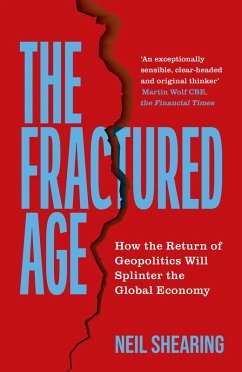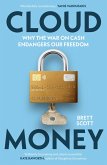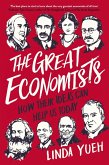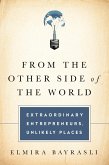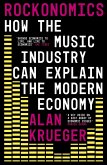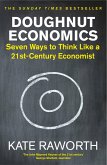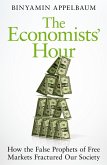'An exceptionally sensible, clear-headed and original thinker' The Financial Times
'A very timely book on the new, fractured world'***** The Sunday Times
'The best book on the future of the global economy'***** The International Economy
The tectonic plates of the global order are shifting, creating new pressures that will strain long-standing financial structures.
BUT WHERE WILL THE WORLD'S NEW ECONOMIC FAULT LINES EMERGE?
AND HOW DISRUPTIVE WILL THEY BE?
In a clear and far-reaching reckoning, The Fractured Age lays bare the threats and opportunities that will shape the world economy over the coming decade. It charts the emergence of geopolitical blocs in a world undergoing profound change - blocs whose relative size and economic diversity will be pivotal in reordering everything from goods trade and investment flows to technology transfers and access to critical minerals.
As the world enters another period of seismic upheaval and a new global order emerges, understanding which economies will benefit, and which will bear the costs, will be critical for effective decision-making throughout boardrooms and the halls of government.
As Chief Economist of one of the world's leading providers of independent macroeconomic and market research, Neil Shearing lays out a stark vision of the peaks and rifts that will unfold, and how they will fundamentally reshape the global economy in this fractured age.
As seen on Bloomberg, BBC News, CNN, Channel 4 News and in The Financial Times, the Wall Street Journal and The Guardian
Dieser Download kann aus rechtlichen Gründen nur mit Rechnungsadresse in A, B, BG, CY, CZ, D, DK, EW, E, FIN, F, GR, HR, H, IRL, I, LT, L, LR, M, NL, PL, P, R, S, SLO, SK ausgeliefert werden.

